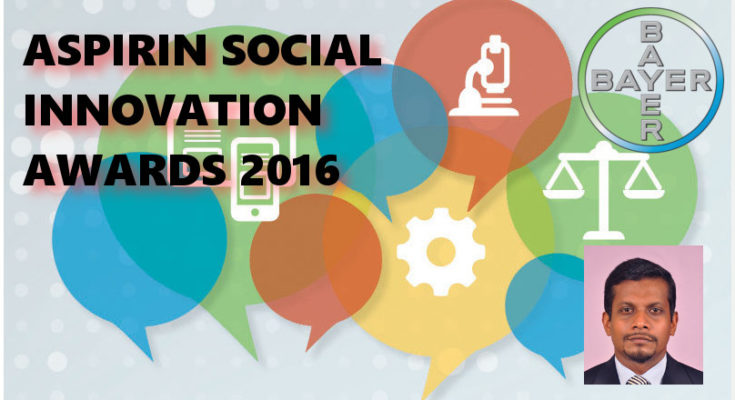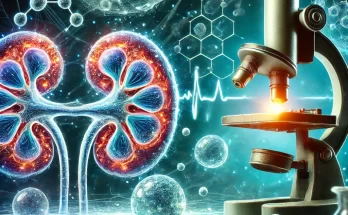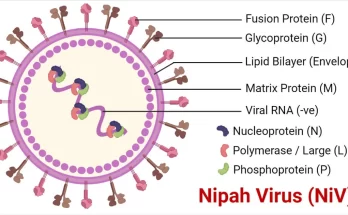“Snake Venom Rapid Test Device” an innovation by a Sri Lankan Innovator Dr. Kalana Maduwage from University of Peradeniya has been short listed for the “Aspiring Social Innovation Awards 2016” which is funded by Bayers Foundation in Germany.
Dr. Kalana Maduwage a past student from Sri Devananda College, Ambalangoda is a medical researcher, university academic, inventor and naturalist. He is a senior lecturer at the Department of Biochemistry, Faculty of Medicine, University of Peradeniya.

As an inventor Dr. Maduwage won his first award “Young Scientist for the year 2005” by NSF for the technique he developed for projecting microscope slides on to a screen. And also he won presidential award for the Best New Invention later the same year. And later as a third-year medical student, he discovered a new species of reptile, a previously unknown lizard from Sinharaja rainforest.
He completed his MBBS in 2007 from Peradeniya Medical Faculty. Having passed out from medical school he obtained a further two patents for new inventions and then went on to spend his pre-internship year in the laboratory of Rohan Pethiyagoda, a leading Sri Lankan biodiversity researcher. In this year, which included months of arduous field work across Sri Lanka, he discovered 11 new species of freshwater fish and three new species of snakes with other scientist. One of the resulting research papers described an endemic freshwater fish species he named “Puntius kamalika” in honour of the late Dr Kamalika Abeyaratne, a celebrated pediatrician and AIDS activist. The description of three new Asian freshwater-fish genera was another major taxonomic contribution to biodiversity research during this period. This work honored the famous evolutionary scientist Richard Dawkins by naming a fish genus, “Dawkinsia”, in his honor. Dr Maduwage’s main research focus, however, was on South Asian hump-nosed pitvipers. In 2009, he revised the systematics of these medically-important snakes and stabilized their taxonomic status. The work included the discovery of a potentially new species of hump-nosed pit-viper species from the island.
The development of this rapid test to diagnose snake envenoming was a landmark discovery in his research carrier, winning awards for best scientific discovery in Newcastle and New South Wales, Australia, by the John Morris Scientific Award for medical research. This research also won him the Australian Society for Medical Research Award, NSW for 2014, and the Informa Health Care award for 2014 from the North American Congress of Clinical Toxicology, USA.
Speaking Exclusively to the Sri Lankan Scientist Dr. Maduwage described the importance of this new test, “Currently there is no direct test to detect snake venom in patients blood and it is very difficult to measure and detect snake venom in patients blood. Most of the time doctors have to wait until the patient develop clinical features. It might too late to give antivenom and antivenom have less chance to reverse or stop the damage happened due to snake venom. Therefore, quick venom detection test is very important. I discovered this novel method during my PhD in Australia with his supervisor. Based on the primary experiments this works well. Results of that study is published in Nature Scientific Reports. Now I am in the process of developing this test as a cheap, rapid, sensitive test. If this work, this could apply to snakebite in whole world. This new method detect the activity of an enzyme in snake venom. When this test positive, Doctors can give antivenom before the patients develop clinical features. Could save 1000 s of lives.”
I was fascinated about snakes since my childhood and decide to do research in this field. Further, I saw thousands of people suffer due snakebites. In Sri Lanka nearly 80,000 people bitten by snakes and 480 people die each year. This is a neglected tropical problem with less attention from the authorities. It’s mostly poor villagers and farmers in rural Sri Lanka who suffer the most from this.
Dr. Maduwage expressed that the experience he had as a Sri Lankan Medical Student and his childhood curiosity on snakes led him to this innovation. ” I was fascinated about snakes since my childhood and decide to do research in this field. Further, I saw thousands of people suffer due snakebites. In Sri Lanka nearly 80,000 people bitten by snakes and 480 people die each year. This is a neglected tropical problem with less attention from the authorities. It’s mostly poor villagers and farmers in rural Sri Lanka who suffer the most from this.” says Dr. Maduwage.
Speaking on his future plans with this new innovation Dr. Maduwage emphasized, “My main aim is to successfully develop this device further as an affordable, reliable, sensitive test to diagnose snake venom in patients blood. ”
The Aspirin Social Innovation Award funded by Bayers Foundation today focuses on social innovation in health and nutrition with international scope. And every year, five winners receive the award with prize money of 20,000 € each. The international foundation jury selects four winners in a competitive multi-step process while an additional winner will be selected through the global public online voting.
Dr. Maduwages’ work is now open for public online voting and will remain open till December 2nd 2016. You can vote for him through the following link,
VOTE NOW – Snake venom rapid test device- Better Life for Small Farmers from Sri Lanka
Nature Scientific Reports Article – Efficacy of Indian polyvalent snake antivenoms against Sri Lankan snake venoms: lethality studies or clinically focussed in vitro studies by Dr. Kalana Maduwage




